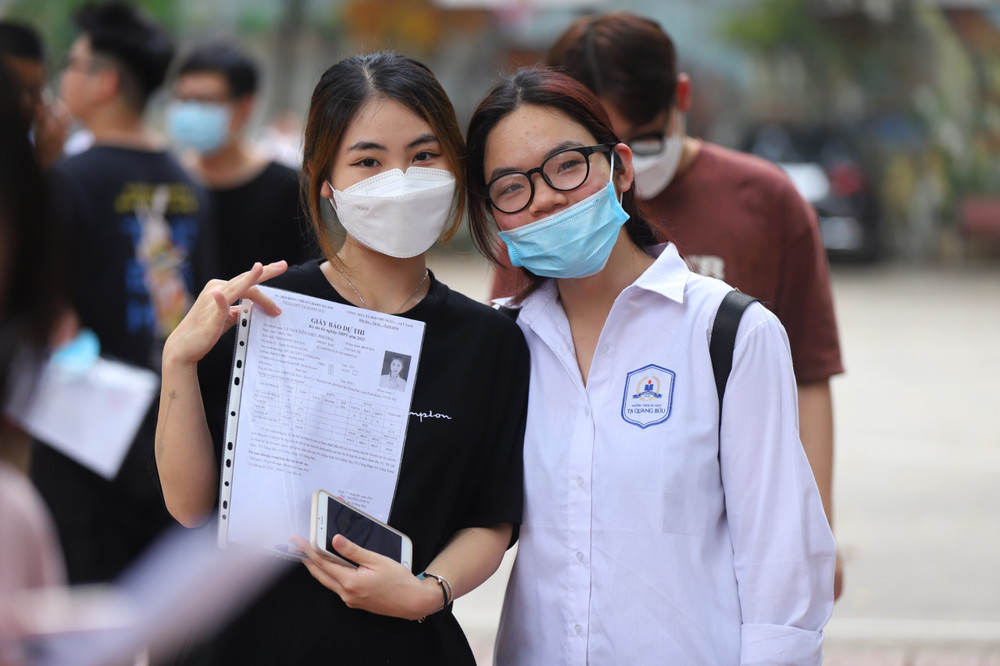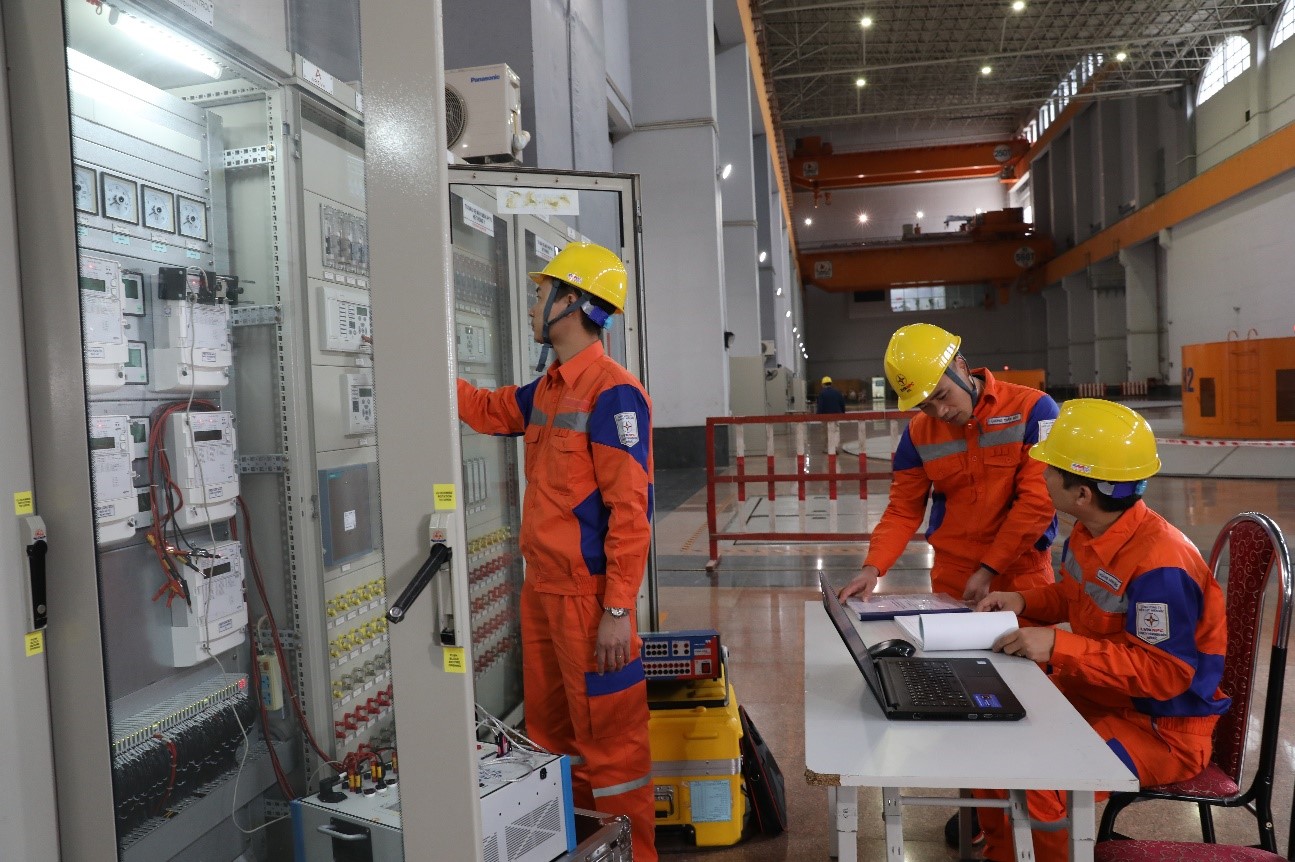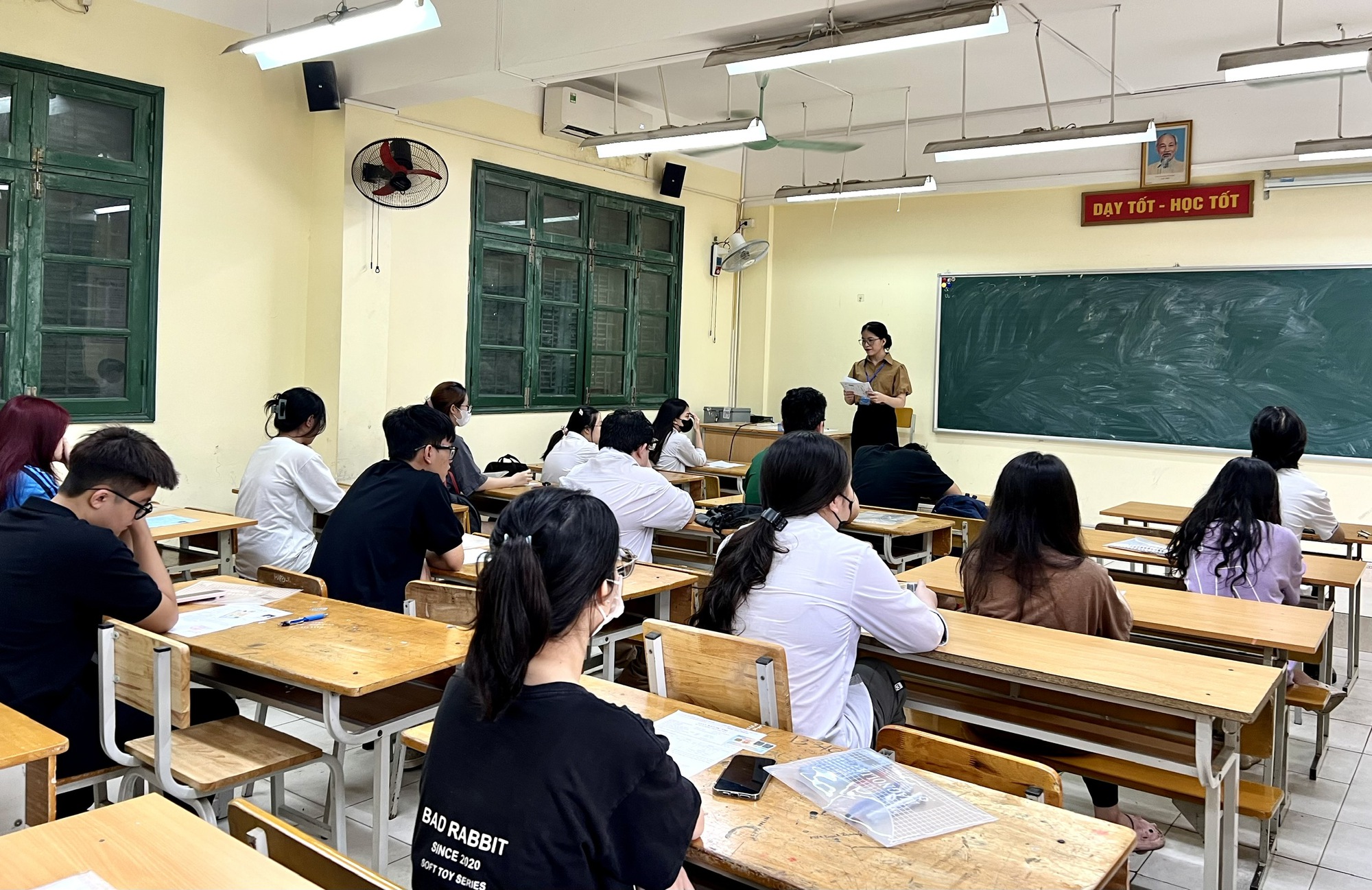Regulations on environmental protection in economic zones in Vietnam
Below are the regulations on environmental protection in economic zones in Vietnam under the Law on Environmental Protection 2020.

Regulations on environmental protection in economic zones in Vietnam (Internet image)
1. Regulations on environmental protection in economic zones in Vietnam
Regulations on environmental protection in economic zones in Vietnam according to Article 50 of the Law on Environmental Protection 2020 are as follows:
- Economic zones must have environmental protection infrastructure including:
-
Solid waste collection and storage systems;
-
Stormwater collection and drainage systems;
-
Wastewater collection, drainage, and treatment systems ensuring that treated wastewater meets environmental protection requirements; automatic and continuous wastewater monitoring systems for economic zones that have centralized wastewater treatment systems must monitor automatically and continuously according to the provisions of the Law on Environmental Protection 2020;
-
Green space area ensuring the ratio as prescribed by construction law.
- The economic zone management board must have a specialized department for environmental protection, with personnel responsible for environmental protection trained in environmental sciences or a relevant field suitable for the job undertaken.
- The economic zone management board is responsible for the following:
-
Inspecting and supervising the investment in building environmental protection infrastructure in the industrial production functional areas within the economic zone as prescribed by law;
-
Coordinating with state environmental protection management agencies in the locality to evaluate environmental impact assessment reports, issue environmental permits, conduct environmental protection inspections, and perform other environmental protection tasks in the economic zone as prescribed by law;
-
Organizing environmental protection inspections for production, business, service establishments, concentrated production, business, service areas, and industrial clusters in the economic zone according to the plan approved by the provincial People's Committee;
-
Timely detecting violations of environmental protection laws by organizations and individuals and recommending handling as prescribed by law;
-
Performing other environmental protection tasks authorized by the provincial People's Committee as prescribed by law;
-
Reporting on the implementation of environmental protection tasks in the economic zone as prescribed by law;
-
Other responsibilities as prescribed by law.
2. Regulations on environmental protection in craft villages in Vietnam
Regulations on environmental protection in craft villages in Vietnam according to Article 56 of the Law on Environmental Protection 2020 are as follows:
- Craft villages must have an environmental protection plan, a self-managed organization for environmental protection, and environmental protection infrastructure. Environmental protection infrastructure of craft villages includes:
-
Having a wastewater and stormwater collection system ensuring the drainage needs of the craft village;
-
Having a centralized wastewater collection, drainage, and treatment system (if any) ensuring that treated wastewater meets environmental protection requirements;
-
Having a solid waste collection point meeting technical requirements for environmental protection; a solid waste treatment area (if any) ensuring waste management regulations or having a plan to transport solid waste to a treatment area outside the locality.
- Establishments and households producing within the craft village must build and implement environmental protection measures as prescribed by law; implement measures to reduce noise, vibration, light, dust, thermal radiation, air pollutants, wastewater, and handle on-site pollution; collect, classify, store, and treat solid waste as prescribed by law.
- Establishments and households producing in industries not encouraged to develop in craft villages are responsible for implementing the provisions of clause 2, Article 56 of the Law on Environmental Protection 2020 and complying with the relocation and industry conversion plan as prescribed by competent state agencies.
- The communal People's Committee has the following responsibilities:
-
Plan and implement the environmental protection plan for the craft village in the locality;
-
Guide the activities of the self-managed organization for environmental protection of the craft village.
- The district People's Committee has the following responsibilities:
-
Aggregate the budgetary needs for environmental protection activities in the craft village;
-
Direct and implement environmental protection models for the craft village; invest in building and operating waste collection and treatment models, on-site wastewater treatment systems meeting environmental protection requirements funded by state investment capital, environmental expenditure, and contributions from organizations and individuals as prescribed by law.
- The provincial People's Committee has the following responsibilities:
-
Plan, build, renovate, and develop craft villages and craft village industrial clusters linked with environmental protection;
-
Allocate budget for environmental protection activities in the craft village;
-
Direct and organize the evaluation of pollution levels and handle environmental pollution in craft villages in the locality;
-
Direct the construction of wastewater collection and treatment systems; solid waste collection and treatment areas for common solid waste and hazardous waste in the craft village;
-
Plan to relocate establishments causing serious and prolonged environmental pollution out of residential areas and craft villages.
- Key word:
- Environmental protection
- Vietnam
- Penalties for fraudulent activities on e-commerce platforms in Vietnam
- Guidance on issuing driver licenses for individuals with expired driver licenses in Vietnam
- Cases of verification of driver licenses in Vietnam according to Circular 35
- Proposal on night shift allowance policies and meal support for healthcare employees in Vietnam
- What is Pi Network? Is Pi Network legal in Vietnam?
- Proposal to lower health insurance contribution rates to alleviate economic burden on citizens in Vietnam
-

- Procedures for high school admission in Vietnam
- 14:25, 21/02/2025
-

- Resolution 190: Principles for addressing certain ...
- 11:30, 21/02/2025
-

- Guidance on identifying cases of inaccurate or ...
- 11:00, 21/02/2025
-

- Official Telegram 16: Urgent requirement to allocate ...
- 08:00, 21/02/2025
-

- Circular 04/2025 stipulating on the quality assessment ...
- 18:41, 20/02/2025
-

- Guidelines for maintenance and renovation of villas ...
- 14:30, 21/02/2025
-

- Guidelines for maintenance and renovation of villas ...
- 14:30, 21/02/2025
-

- Procedures for high school admission in Vietnam
- 14:25, 21/02/2025
-

- Resolution 190: Principles for addressing certain ...
- 11:30, 21/02/2025
-

- Guidance on identifying cases of inaccurate or ...
- 11:00, 21/02/2025

 Article table of contents
Article table of contents
